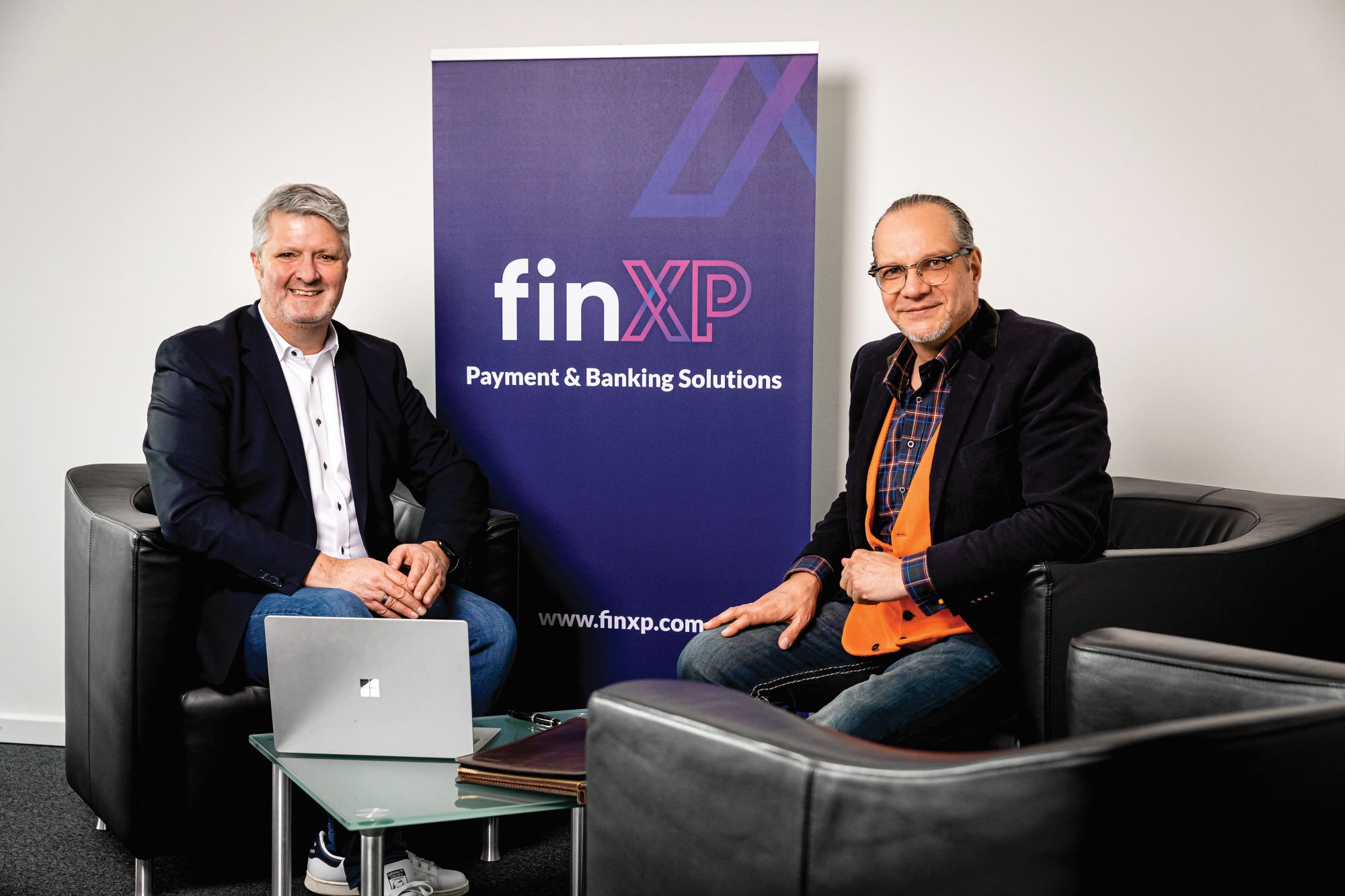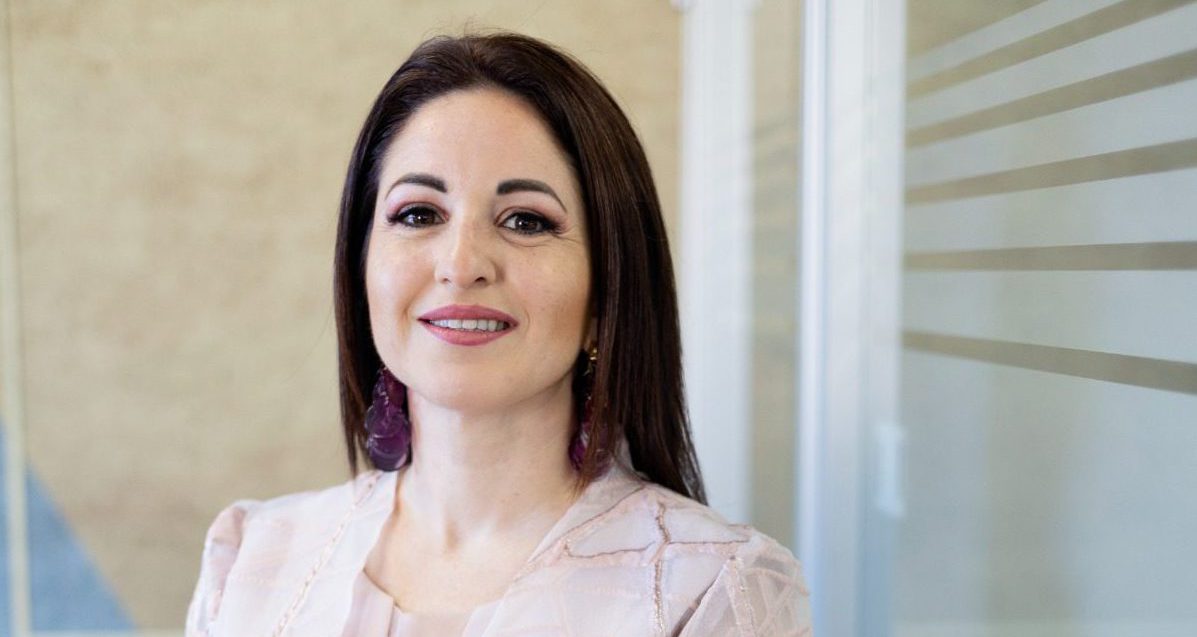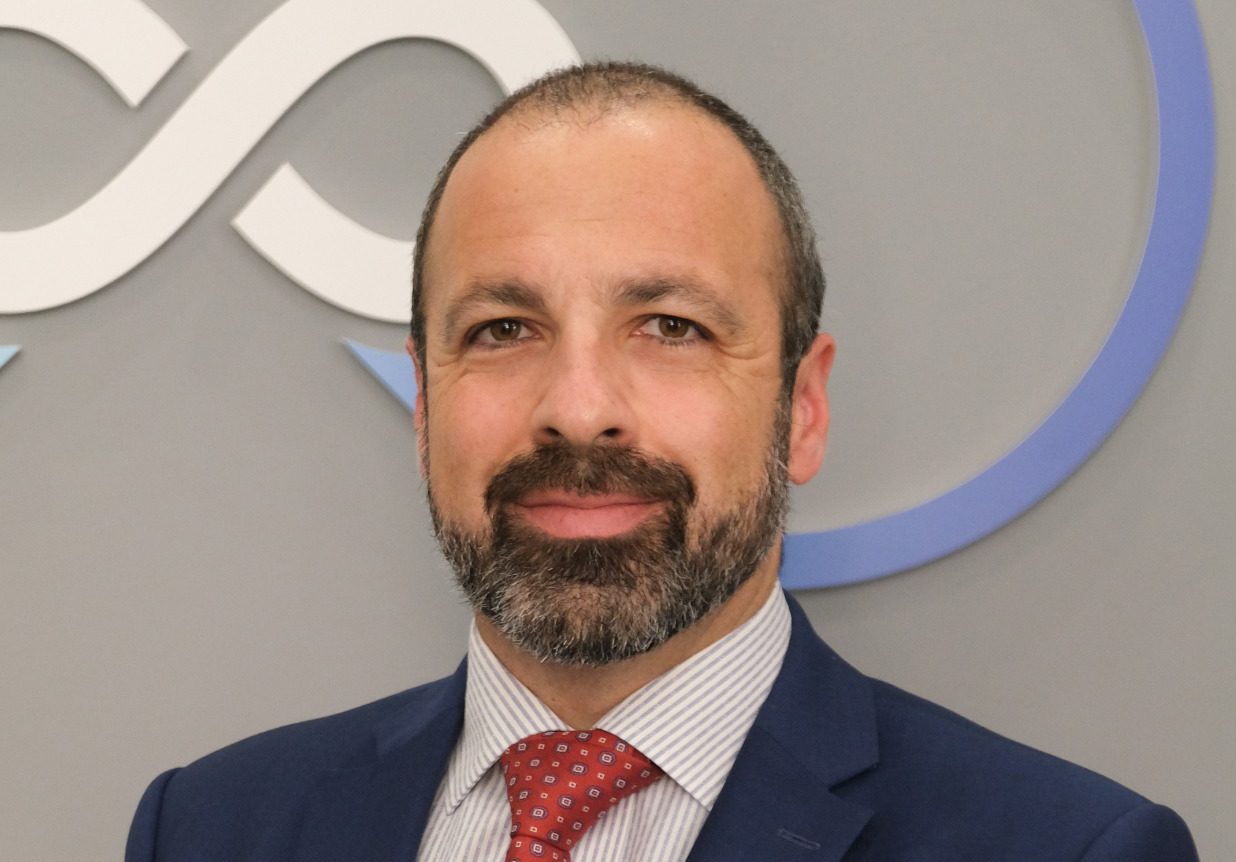With the COVID-19 pandemic pushing more businesses online than ever before, the benefits of working with an experienced payment partner like the award-winning FinXP have never been clearer.
Founded in 2014, the electronic money institution offers clients market-leading payment solutions, and with the recent and significant rise in e-commerce, CEO Jens Podewski explains how FinXP can maximise this opportunity for businesses and be an enabler for growth.
“We can consult on what is available when it comes to alternative payment methods, not only in one particular market, but all over,” the CEO affirms, adding that FinXP can provide all the payment methods a company may require via one payment gateway.
What is also important, he continues, is helping clients to digitise payments and providing the processes to do this. Ultimately, it all culminates in the fact that FinXP is a one-stop-shop. “We provide one single point of contact rather than having to deal with multiple payment providers. If a potential client has a high-street shop, for example, we can discuss new ideas and the options available to them when it comes to taking their business online, like a click-and-collect option using a cashless mobile app, for example,” Mr Podewski continues.
Speaking of FinXP’s recent rebrand, which included a change of company name from Paymentworld Europe along with a new visual identity, Mr Podewski explains that from the outset, the founders were already clear on their niche and what they could offer the market, in Malta and Europe.
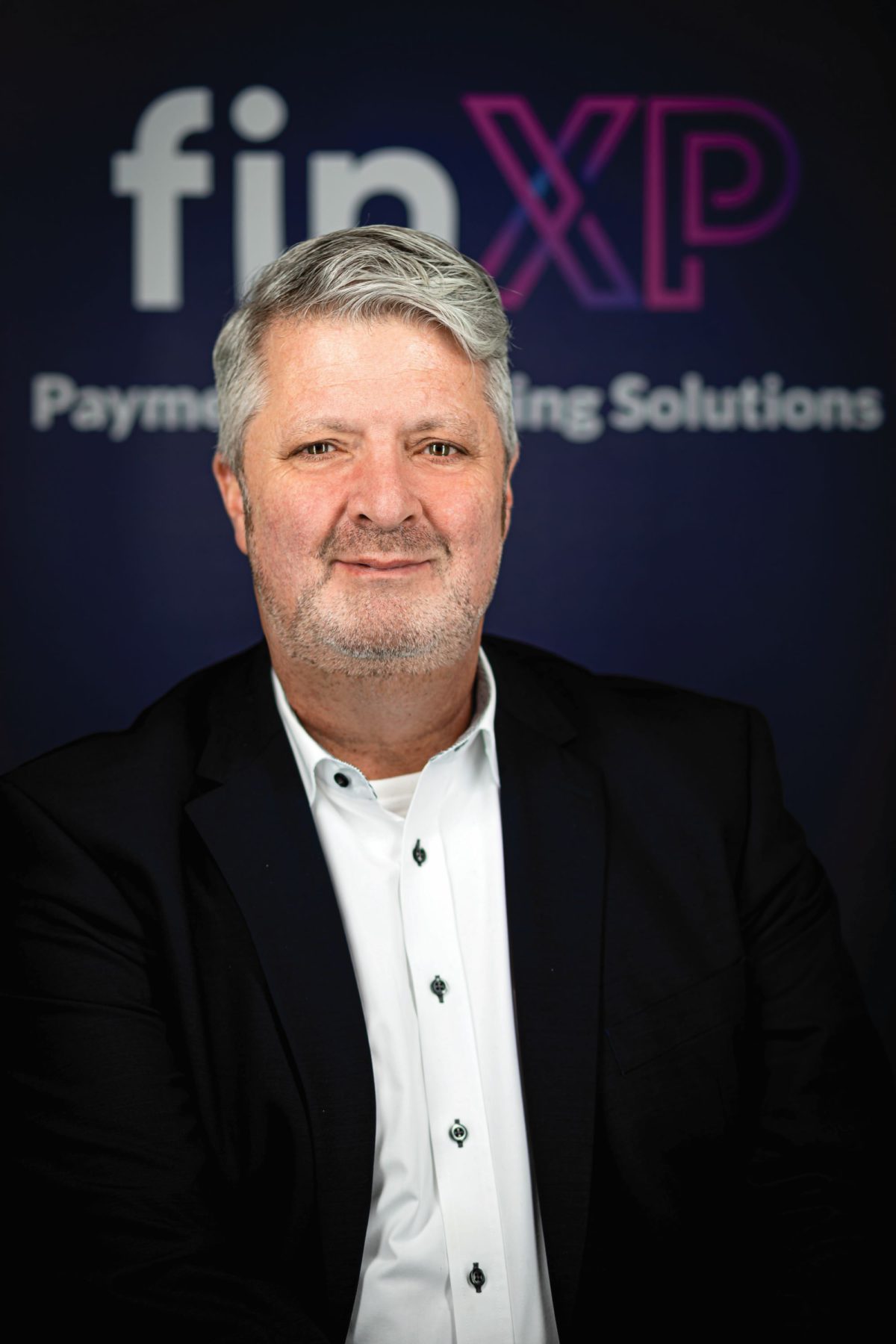
“Five years later, we thought it would be a good time to rethink our story and consider whether the name Paymentworld still fits. This started an internal discussion, which led to our working with local marketing agency Growth Gurus to start a rebranding and renaming process,” he explains.
Expanding on the choice of name, Mr Podewski breaks it down, explaining the combination of the finance element or ‘Fin’, with ‘XP’, standing for experts, which is what the team is made up of. “We all have a strong background in the payment industry which goes back many years,” the CEO maintains.
“We believe that the name FinXP reflects the innovation we bring to the market – the future concepts, the fintech orientation, as well as our support of the crypto and gaming industries,” continues CFO Stefan Haenel, adding that the feedback from the market so far has been incredibly positive.
In line with the rebrand, Mr Podewski elaborates on FinXP’s ambitious growth strategy, explaining that the team aims to delve further into the cryptocurrency area, pointing to “great potential” there. Specialising in the B2B payments space, the team offers a premium, tailored service to their business customers, but their plans do not stop at processing payments. FinXP’s approach is one that sees them involved in the whole cycle, forming a strong relationship with their clients in the process.
“Our strategy is not only to see and understand a small piece of the cake, but the whole cake. We are looking for strategic partners who can be of benefit to us and to whom we can benefit,” he says.
This is what differentiates FinXP from similar service providers, the CEO explains. “We join the client’s journey, and do our utmost to understand their needs so as to guide them as to what is best for them.”
And, as compliance-related demands continue to increase, Mr Haenel explains that working with an established and experienced firm like FinXP can also prove beneficial in this respect. “Our experience and high standards benefit our clients. We guide them with what they need and what they may need in the future, as well as help them to build the proper procedures and policies as needed,” he maintains.
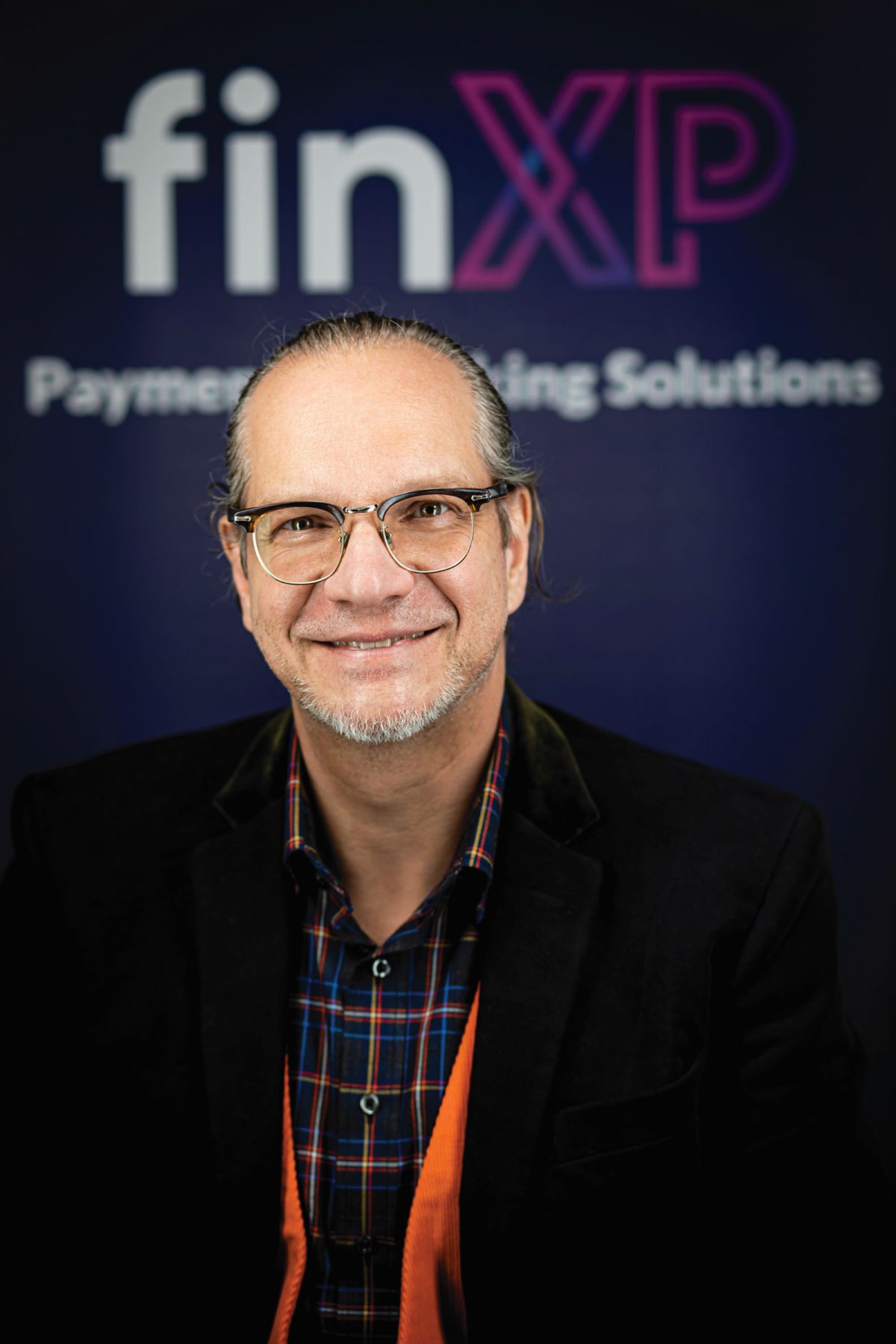
Taking the crypto business as an example, the CFO continues, “we guide clients through the proper KYC procedures on their side, and best practice in mitigating risk. You might not get an instant account opening with us as we may request more from you than others, but this will help you in the long run with the regulator.”
Indeed, Mr Podewski adds, “it is important to understand the business and the market, so just ticking the boxes is not enough. You have to know what you’re talking about.”
For local businesses to survive and thrive, seeking opportunities beyond Malta’s shores is essential. Despite being based in Malta, FinXP boasts an international approach through its operations within the European payments sphere.
“Being from Germany ourselves, we have excellent banking connections in first-tier banks in Germany, and also have good relations with Barclaycard,” explains Mr Haenel, affirming that many Malta-based players that FinXP deals with have a UK, German, French or Italian background, providing them with great networks in several countries.
“Given Malta’s infrastructure, we need to look to Europe, and this brings a lot of international business into Malta. It is also easier for us as we already have the networks and the sales activities and partnerships in Europe,” he continues.
Lamenting on the complicated banking situation on the island, Mr Podewski goes on to explain the importance of banking relationships with other countries. “Electronic money institutions like ours are not able to open a bank account with local banks. If we want to talk about bringing business to Malta, the banking sector needs to be more open – there is a strong financial services sector and a strong gaming sector, but if local banks do not support us, it makes things difficult.”
Meanwhile, when it comes to attracting more international business to the islands and what FinXP can do to facilitate this, Mr Podewski maintains that first and foremost, it is always important to have a good relationship with the regulator. “When we discuss with MFSA, it is a very open and joint discussion to see how we can make things possible. The same goes for the Central Bank of Malta. It is important to communicate,” he says.
“There are already a lot of international businesses in Malta,” continues Mr Haenel, pointing to the island’s main challenge as that of building the infrastructure required.
“Attracting more crypto business, for example, is a good idea, but the regulators can’t come up with the new applications because they are already busy with what they have, and there aren’t many people coming to Malta at present. You lose your staff, and you have to fight to get qualified new staff – that is an issue. When it becomes overwhelmed by its success, it turns into the opposite,” he warns.
Turning his attention to current trends within the payments industry, the CEO affirms that against the backdrop of COVID-19, they have seen a change in consumer behaviour. “There’s been a reduction in cash and introduction of new payment options. As for new trends in technology, I still believe that crypto will definitely be among the trends of the future. Even at the European Central Bank level, there is talk of the digital Euro, so this is bound to come about,” he maintains.
Adding to this, Mr Haenel posits that Bitcoin is still in the area of speculation. “There are some use cases when it comes to payments, but this is still minor. So, some kind of stable coin that is supported by the central banks, larger economies or large companies like Facebook may be the next big thing – there lies a large opportunity.”
This interview was first carried in the February/March 2021 edition of the Commercial Courier
Uniplural Group: ‘Our brand transformation fortifies our position as a one-stop-shop within the community’
The newly rebranded Uniplural Group provides a diversity of care services strategically united to embrace emerging growth prospects
Print&Merchandise embracing sustainable merchandising solutions
Janice Calleja, manager at Print&Merchandise, highlights the company's high-quality, bespoke services, alongside its evolution towards eco-friendly solutions
‘Regulating what is happening today is only part of what we do at the Malta Communications Authority’
Inġ Antoine Sciberras explains how the regulatory authority strikes a balance between healthy competition, and facilitating new tech investment


